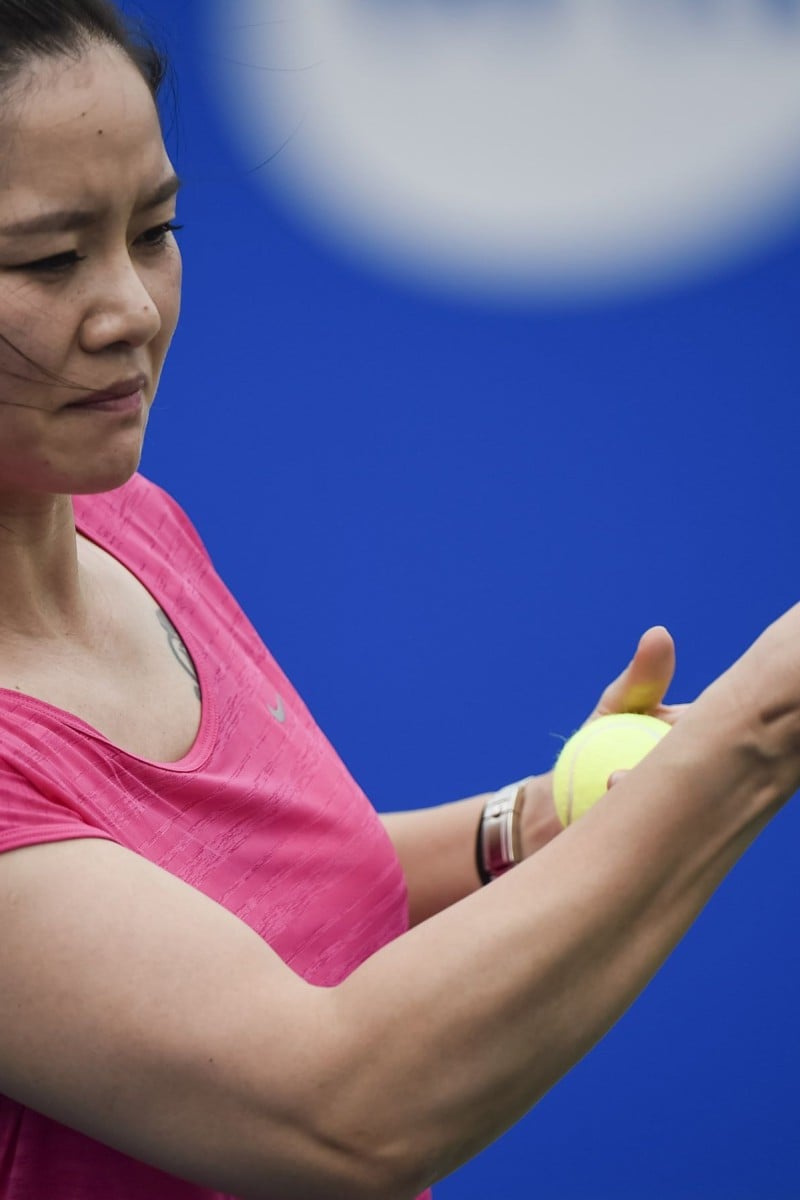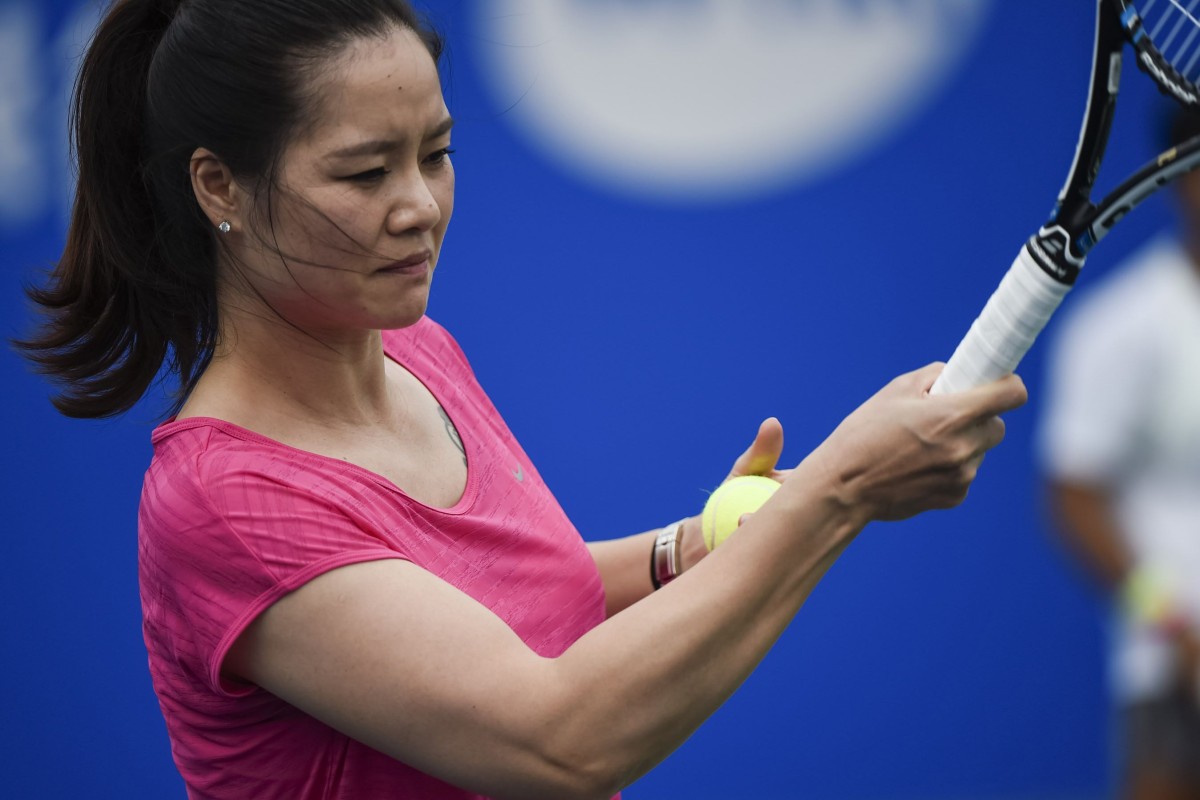
Face Off: Should female athletes make as much as their male counterparts?
Each week, our two teenagers will debate a hot topic.This week ...
 Former tennis player Li Na of China.
Former tennis player Li Na of China.Joy Pamnani, 17, PLK Ngan Po Ling College
Over the past few decades, we've seen many gender equality movements fighting for equal pay for women. However, the sports field is often overlooked in the fight. There are fewer professional female athletes, and female athletes tend to make less than their male counterparts, something I strongly disagree with.
Salaries for sports professionals should be based on their performance, as a reflection of the hard work they put into training. Our society has always had this deep-seated belief that boys always perform better than girls in sports, hence the higher pay. But women run as far, jump as high and play for as long, in most cases, as men.
On this basis alone, female athletes should make as much as their male counterparts. But what's more, sporting careers are very different from normal jobs. You don't just sit at a desk all day, and go home to rest after work ends. Athletes devote their entire lives to their work, pushing themselves through intensive training on a regular basis. There is also a lot more mental stress than most people face in their jobs, and the need to overcome failure quickly, and keep moving forward.
Athletes also have to stick to a very strict diet, and sacrifice any desire for "naughty" treats like fast food. But research shows that, in the short term at least, women's bodies hold on to fat longer than men, so even if a male and female athlete each had one burger, it might affect the woman more, which could affect her earning power.
According to a study by the BBC, close to 30 per cent of sports - including football, cricket and squash - don't pay their female athletes as much as their male counterparts. This shows a huge lack of respect for the immense efforts females make to excel in sports.
In societies that have already established much equality with regard to skin colour, religion, race and sexuality, by preventing female athletes from making as much as their male counterparts, we are denying gender equality, an issue that has been debated for generations.
I say it's time we take a look at the issue of gender equality on the sports field, and set up performance-based pay standards to make sure female athletes make equal money for doing the same amount of work as their male counterparts.
Tacye Hong, 17, University of Toronto
While equal rights and entitlements may seem to be the right solution to all situations in our world, I do believe that sometimes gender equality has to be abandoned in favour of fairness. And in terms of the sports world, I certainly think that by paying less to the female athletes, we are in fact being fair.
The existence of world tournaments and professional leagues highlight the reason why female athletes should be paid less than their male counterparts. Take ice hockey as an example: there are both men's and women's events at the Winter Olympics. However, while the National Hockey League, the professional league in the US and Canada, was founded in 1917, the National Women's Hockey League only made its debut this year.
This late introduction reflects several things. It shows that even though women's ice hockey has been included in the Winter Olympics since 1998, organisers believe that there aren't enough talented female players to make up a whole professional league. It also highlights their uncertainty over whether many people would attend women's games, which leads me to the sponsorship argument.
Sponsorship and advertising only work when athletes have a huge following. More people are interested in watching men play sports, and thus usually only go to male sporting events. This was clearly evident the time I went to my school's women's soccer game, which had an alarmingly low attendance compared to the men's game. Companies will definitely get a better deal if they sponsor male athletes, as they will be able to promote their products to a larger audience.
When you see the world record for the 100-metre sprint, it also highlights the fact that male athletes are more talented than female counterparts. The male record is 9.58 seconds while the female record is 10.49 seconds, showing that female athletes still have a lot of catching up to do to deserve equal wages. Therefore, paying female athletes less is not a gender equality issue, as the genders, in this area, are not equal.